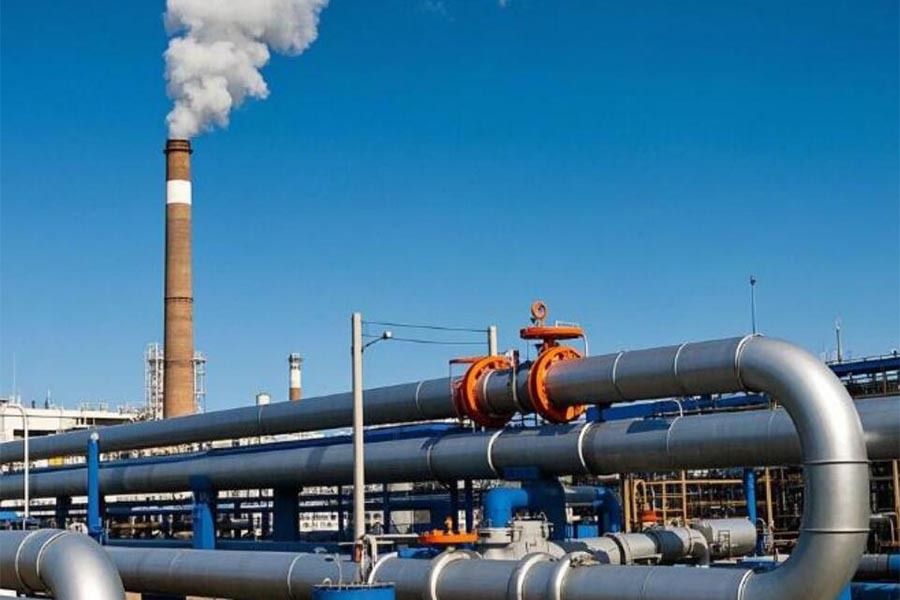Can LPG carriers carry LNG gas?
Release time:
2025-04-27
Therefore, LPG carriers cannot be used to transport LNG, and the two need to be transported separately by specialized means to ensure safety and efficiency.
LPG carriers cannot carry LNG natural gas. Although liquefied petroleum gas (LPG) and liquefied natural gas (LNG) are both liquefied at low temperatures and then transported, there are significant differences in their chemical compositions, physical properties and transport requirements, so they cannot be mixed on the same type of carrier.
Liquefied petroleum gas (LPG) consists mainly of propane and butane, while liquefied natural gas (LNG) is mainly methane. The physical and chemical properties of these two substances are different, resulting in different conditions for their storage and transportation.LPG carriers are designed and constructed primarily to transport LPG, while LNG carriers are designed to transport LNG.Specifically:
Storage conditions: LPG has a high boiling point and is usually stored at room temperature, while LNG needs to be stored at very low temperatures (-163°C). Therefore, LPG carriers cannot meet the ultra-low temperature storage requirements for LNG.
Safety requirements: LPG and LNG also have different requirements for safe transportation; LNG requires strict temperature control during transportation, which LPG carriers do not have.
Regulatory restrictions: The International Maritime Organization and national maritime agencies have strict regulatory requirements for the transportation of LPG and LNG, and mixing them can lead to safety hazards and legal problems.
Therefore, LPG carriers cannot be used to transport LNG, and the two need to be transported separately by specialized means to ensure safety and efficiency.
More information




